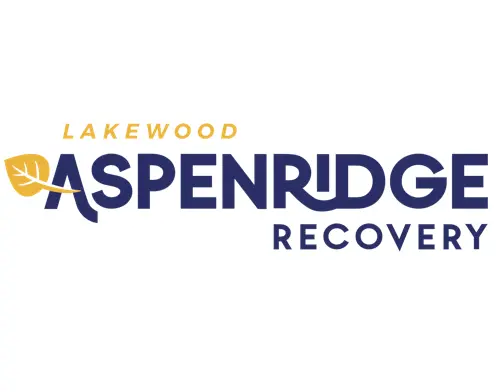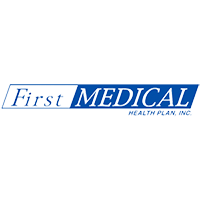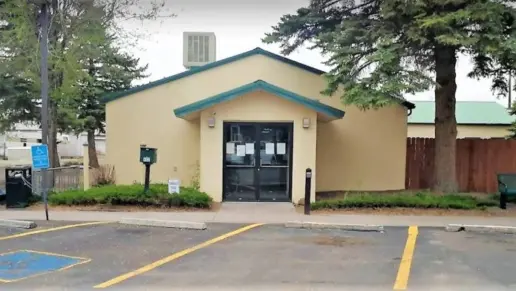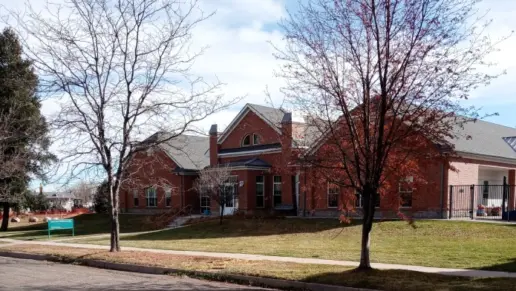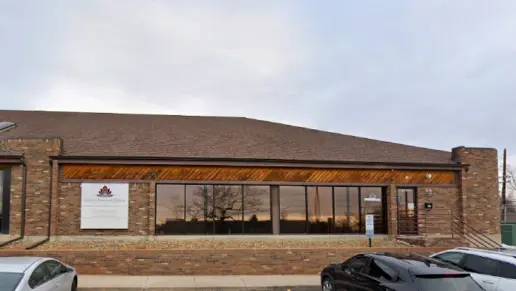One of my friends decided to go to AspenRidge a while ago. Initially, he was not really convinced but after a while I saw him becoming a different person. He made amends with a lot of people he had hurt in the past and is currently working to improve himself.
About AspenRidge Recovery Lakewood
AspenRidge Recovery Lakewood is located in Lakewood, Colorado about 20 minutes from Denver and convenient to public transportation. They’re accredited by The Joint Commission and the National Association of Addiction Treatment Providers. They offer three outpatient programs for substance use and co occurring mental health disorders. They also have a virtual care outpatient program. They accept and are in network with most major insurance providers.
The highest level of care they offer is the partial hospitalization program (PHP). The PHP is a step down from inpatient care and it can be a great option if you’re new to recovery. You’ll build a strong sober foundation while living at home or in a recovery residence. The program lasts up to 30 days. You’ll have treatment five days a week with six hours of group therapy a day.
You’ll also have individual therapy weekly to address substance use, co occurring disorders such as anxiety or depression, and trauma. You’ll see a psychiatrist for medication management. When you finish you’ll also become part of the alumni program which offers lifetime support.
There are two intensive outpatient programs (IOP), a 5 day IOP and a 3 day IOP. The 5 day IOP is up to 60 days. You’ll meet for three hours of group therapy per day five days per week. You’ll also have psychiatry services and weekly individual therapy. Individual therapy is where you’ll work on more personal issues of trauma and co occurring disorders in addition to addiction treatment. This program also includes the alumni program.
The 3 day IOP lasts up to 90 days. This program meets three days per week for three hours of group therapy on those days. You’ll also get individual therapy on a biweekly basis to address mental health, addiction, and trauma issues. You’ll have a case manager as well as psychiatry services for medication management. You’ll also have access to the alumni program.
If you’re looking for something more budget friendly from the comfort of home, there’s a virtual treatment option. This is also a good option if you’ve graduated from one of the in person programs but you need easy access to continued support.
Facility Overview
Latest Reviews
Rehab Score
Gallery
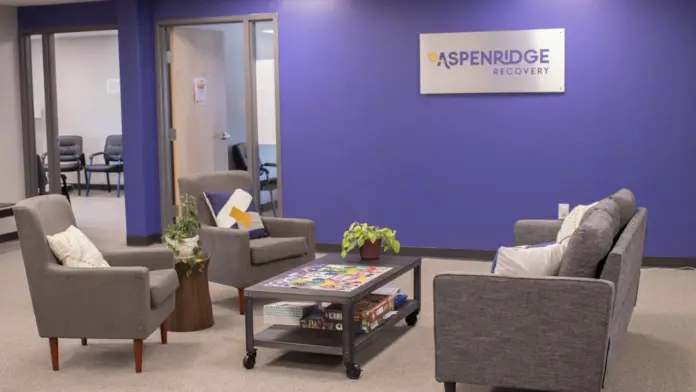
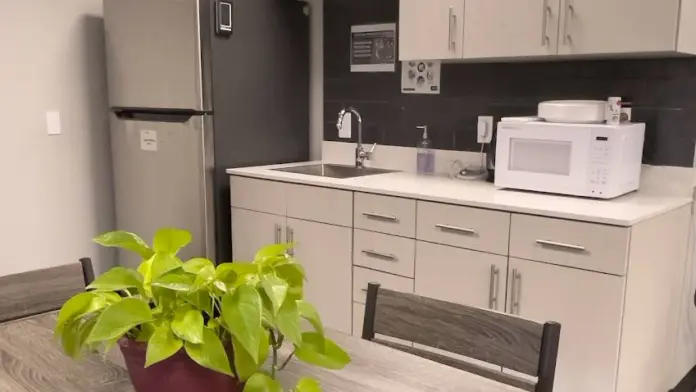
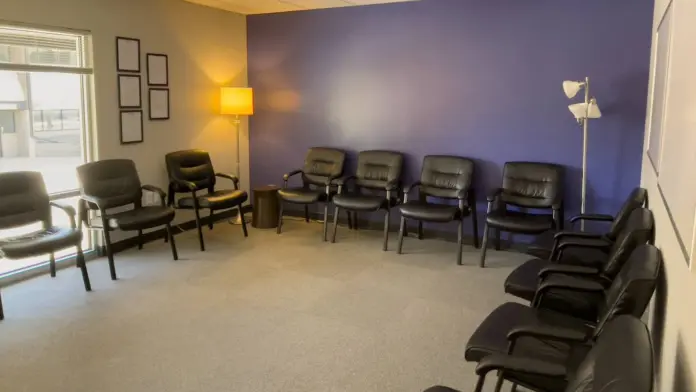
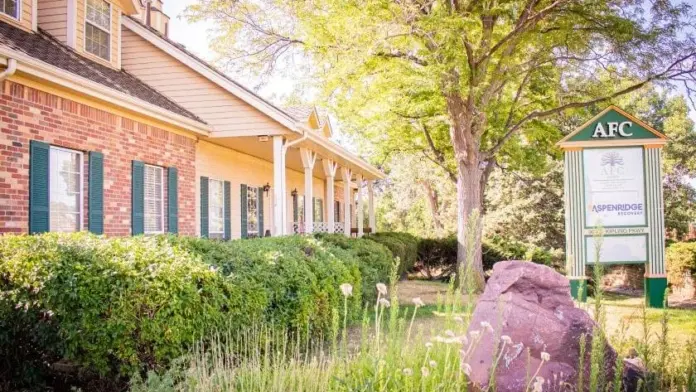
Location
Accepted Insurance





Other Forms of Payment
Private insurance refers to any kind of healthcare coverage that isn't from the state or federal government. This includes individual and family plans offered by an employer or purchased from the Insurance Marketplace. Every plan will have different requirements and out of pocket costs so be sure to get the full details before you start treatment.
Self-pay involves paying for treatment out of your own pocket. You can use savings or credit, get a personal loan, or receive help from family and friends to fund your treatment. If you don't have insurance or your insurance plan doesn't cover a specific program, self-pay can help ensure you still get the care you need.
Sliding scale payments are based on a client's income and family size. The goal is to make treatment affordable to everyone. By taking these factors into account, addiction recovery care providers help ensure that your treatment does not become a financial burden to you or your family, eliminating one barrier to care.
Medicare is a federal program that provides health insurance for those 65 and older. It also serves people under 65 with chronic and disabling health challenges. To use Medicare for addiction treatment you need to find a program that accepts Medicare and is in network with your plan. Out of pocket costs and preauthorization requirements vary, so always check with your provider.
Military members, veterans, and eligible dependents have access to specific insurance programs that help them get the care they need. TRICARE and VA insurance can help you access low cost or no cost addiction and mental health treatment. Programs that accept military insurance often have targeted treatment focused on the unique challenges military members, veterans, and their families face.
Medicaid is a state based program that helps lower-income individuals and families pay for healthcare. Medicaid covers addiction treatment so those enrolled can use their coverage to pay for rehab. When a program accepts Medicaid the client often pays very little or nothing out of their own pocket.
Addiction Treatments
Levels of Care
Treatments
The goal of treatment for alcoholism is abstinence. Those with poor social support, poor motivation, or psychiatric disorders tend to relapse within a few years of treatment. For these people, success is measured by longer periods of abstinence, reduced use of alcohol, better health, and improved social functioning. Recovery and Maintenance are usually based on 12 step programs and AA meetings.
Professional services are often necessary to recover from addiction. Drug rehab in Colorado provides the expert services needed to address the complex issues of addiction and help individuals start their recovery journey.
Many of those suffering from addiction also suffer from mental or emotional illnesses like schizophrenia, bipolar disorder, depression, or anxiety disorders. Rehab and other substance abuse facilities treating those with a dual diagnosis or co-occurring disorder administer psychiatric treatment to address the person's mental health issue in addition to drug and alcohol rehabilitation.
A combined mental health and substance abuse rehab has the staff and resources available to handle individuals with both mental health and substance abuse issues. It can be challenging to determine where a specific symptom stems from (a mental health issue or an issue related to substance abuse), so mental health and substance abuse professionals are helpful in detangling symptoms and keeping treatment on track.
Opioid rehabs specialize in supporting those recovering from opioid addiction. They treat those suffering from addiction to illegal opioids like heroin, as well as prescription drugs like oxycodone. These centers typically combine both physical as well as mental and emotional support to help stop addiction. Physical support often includes medical detox and subsequent medical support (including medication), and mental support includes in-depth therapy to address the underlying causes of addiction.
Programs



Clinical Services
Animal therapy (aka pet therapy or animal-assisted therapy) can be very healing, as it allows patients to bond with animals, who give unconditional love. This is particularly useful for those who suffered trauma by the hands of people, who may be able to trust and form closer attachments to animals than humans at certain stages of rehabilitation.
Cognitive-behavioral therapy (CBT) is a form of therapy in Colorado that works to help clients re-frame their thoughts, thereby allowing them to change their behavior. Clients will steadily work to detect automatic negative thoughts about addiction, and then their therapist will work to help patients replace those thoughts with more positive and accurate thoughts. Over time, this can help patients combat cravings and move beyond depression.
Couples counseling in Colorado is a chance to treat the effects addiction has had on client's relationship. Together clients will explore conflict management strategies, discuss issues with intimacy, and develop a plan for getting their relationship back on track. If patients are unsure whether they should stay in their current relationship, couples counseling can help them make the decision together in a respectful manner.
Creativity is inherently healing, and can help those in recovery express thoughts or feelings they might not otherwise be able to. Creative arts therapy can include music, poetry/writing, painting, sculpting, dance, theater, sandplay, and more. Unlike traditional art, the final product matters far less than the experience of creation and expression itself.
Dialectical-behavioral therapy was originally developed to treat the relationship challenges people with borderline personality disorder face. DBT works by helping clients more effectively manage the emotions that cause they to use drugs and alcohol. DBT therapists in Colorado meet with you one-on-one once per week, but you'll also have group therapy sessions.
Equine therapy, aka equine-assisted therapy (EAT), is a form of experiential therapy that involves interactions and activities with horses. It does not necessarily involve riding horses, but all activities related to horses, such as feeding, grooming, haltering and leading them. A mental health professional frequently oversees the activities (often in conjunction with a horse professional), and helps patients process their thoughts, feelings, and behavior patterns during and/or after the interaction.
Experiential therapy is a form of therapy in which clients are encouraged to surface and work through subconscious issues by engaging in real-time experiences. Experiential therapy departs from traditional talk therapy by involving the body, and having clients engage in activities, movements, and physical and emotional expression. This can involve role-play or using props (which can include other people). Experiential therapy can help people process trauma, memories, and emotion quickly, deeply, and in a lasting fashion, leading to substantial and impactful healing.
EMDR is a therapeutic modality originally developed to help process trauma. In an EMDR session, a patient is prompted to undergo eye movements that mimic those of REM sleep. This is accomplished by watching a therapist's finger move back and forth across, or following a bar of light. The goal is repetitive sets of eye movements that help the brain reprocess memory, which can significantly reduce the intensity of remembered traumatic incidents. Associated memories can heal simultaneously, leaving patients significantly calmer, more stable, and more emotionally relaxed.
Addiction is a family disease. Loved ones may not use drugs or alcohol, but their lives are almost certainly affected by client's addiction. Family therapy gives patients the chance to treat the family issues the addiction has caused. Therapist can help clients make amends to their family, educate their family about the disease of addiction, or address underlying issues that led to the addiction. Family therapy is especially important for teen and young adult addicts, and for parents whose addiction has impacted their children.
Group therapy in Colorado is a popular option for treating addiction because in a group therapy session, clients can explore common issues with people who have been where clients are now. In this approach, the therapist is more of a facilitator than an active participant.
Individual therapy is the single most important option for moving past addiction. No matter what other settings clients choose, therapist will likely recommend individual therapy. Individual therapy offers patients complete confidentiality, in conjunction with the therapist's undivided attention. While other forms of therapy focus on clients relationships with others, individual therapy is patients chance to explore mind, behavior patterns, and relationships.
Life skills trainings involve all the skills a person must have in order to function successfully in the world. These include time management, career guidance, money management, and effective communication. Truly successful addiction recovery is based on the ability to not only live substance-free, but to thrive. Life skills teaches the practical necessities of functioning in society, which sets clients up for success in life, and therefore sobriety.
Motivational Interviewing (MI) is a clinical approach to helping people with substance abuse issues and other conditions shift behavior in positive ways. It is more goal-oriented than traditional psychotherapy, as MI counselors directly attempt to get clients to consider making behavioral change (rather than wait for them to come to conclusions themselves). Its primary purpose is to resolve ambivalence and help clients become able to make healthy choices freely.
Nutrition therapy, aka medical nutrition therapy (MNT), is a way of treating physical, emotional, and medical conditions through diet. Specific dietary plans are designed by professional nutritionists or registered dietitians, and patients follow them in order to positively affect their physical and mental health.
Recreational therapy (aka therapeutic recreation) uses creative and fun activities to help with addiction recovery. Recreational therapists lead patients in entertaining and engaging activities like sports or games; art (drawing, painting, sculpture); drama, music, and dance; and/or community outings (field trips) to improve patients' physical, social, and emotional well-being.
Trauma therapy addresses traumatic incidents from a client's past that are likely affecting their present-day experience. Trauma is often one of the primary triggers and potential causes of addiction, and can stem from child sexual abuse, domestic violence, having a parent with a mental illness, losing one or both parents at a young age, teenage or adult sexual assault, or any number of other factors. The purpose of trauma therapy is to allow a patient to process trauma and move through and past it, with the help of trained and compassionate mental health professionals.
Amenities
-
Mountain Views
-
Yoga Studio
-
Wifi
-
Private Transportation
-
Hiking
-
Gym
Staff & Accreditations
Staff
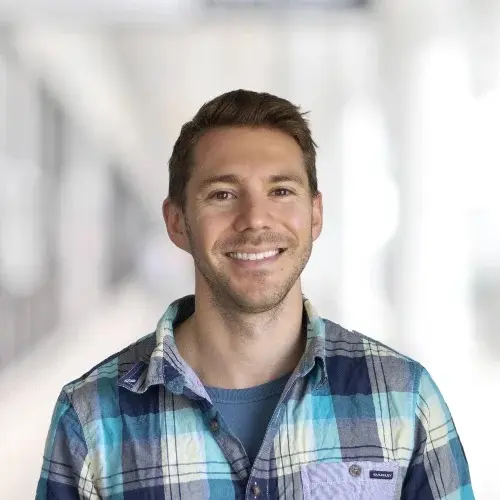
Clinical Director
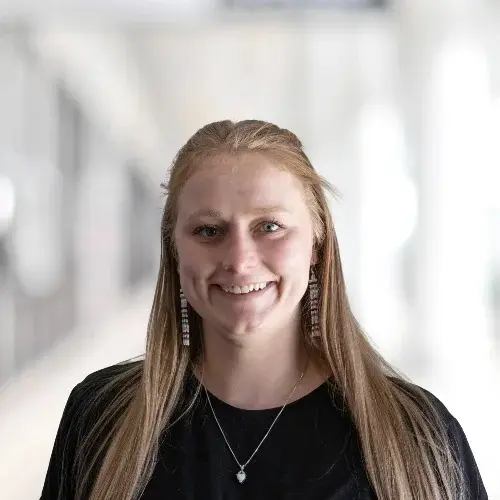
Clinical Manager
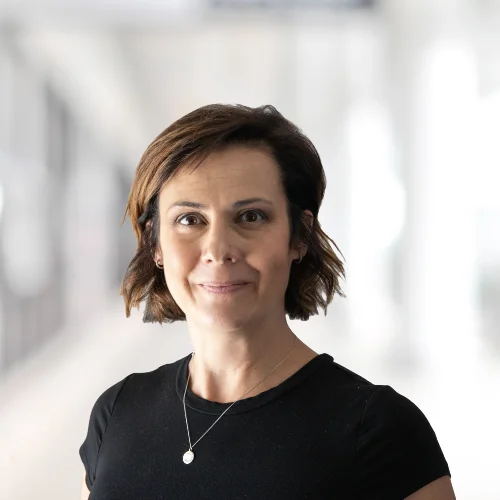
Primary Clinician
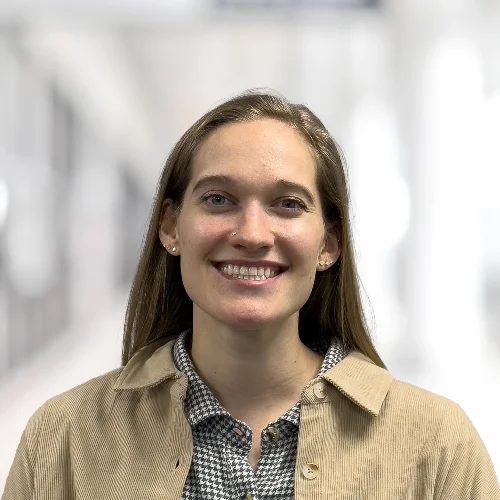
Primary Clinician
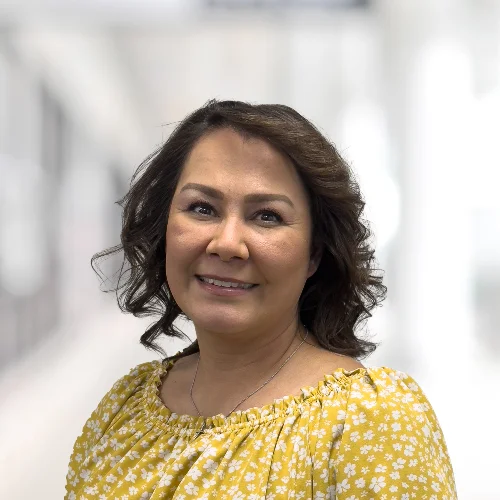
Office Manager
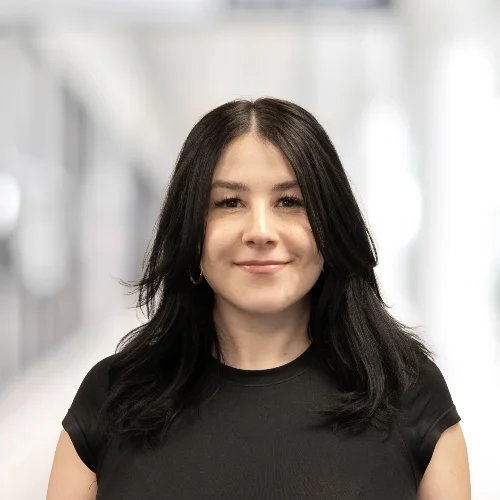
Case Manager
Accreditations

The Joint Commission, formerly known as JCAHO, is a nonprofit organization that accredits rehab organizations and programs. Founded in 1951, the Joint Commision's mission is to improve the quality of patient care and demonstrating the quality of patient care.
Joint Commission Accreditation: Yes
Accreditation Number: 580476

LegitScript has reviewed AspenRidge Recovery Lakewood as part of their certification program, and has determined that it meets the LegitScript standards for legality, safety and transparency.
LegitScript verified in June 2020

The National Association of Addiction Treatment Providers (NAATP) is a professional association that represents organizations in the field of addiction services. Founded in 1978, NAATP's mission is to advance addiction services and ensure that high-quality addiction treatment is available and accessible.
NAATP Member: Yes
Member ID: 60

The Substance Abuse and Mental Health Services Administration (SAMHSA) is a branch of the U.S. Department of Health and Human Services. Established in 1992 by congress, SAMHSA's mission is to reduce the impact of substance abuse and mental illness on American's communities.
SAMHSA Listed: Yes

State Licenses are permits issued by government agencies that allow rehab organizations to conduct business legally within a certain geographical area. Typically, the kind of program a rehab facility offers, along with its physical location, determines which licenses are required to operate legally.
State License: Colorado
License Number: 1774-00
Contact Information
7500 W Mississippi Ave
# 200
Lakewood, CO 80226
